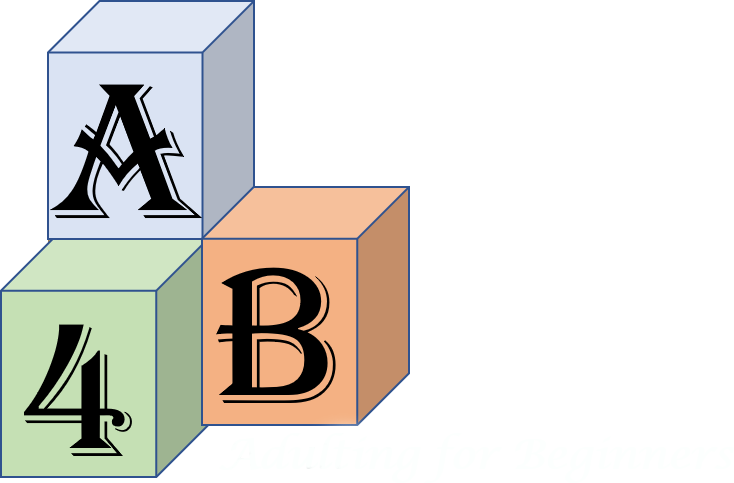Financial planning wasn’t one of those things you learned in school that you were certain you wouldn’t use as an adult. There’s a reason why that’s true: Except for a few rare school districts, managing money isn’t part of most core high school’s curriculums. And that’s a shame because it would come in just as handy as knowing the date of the Boer Wars, or the lines to Ode on a Grecian Urn.
Because financial literacy has not been prioritized in many high schools, countless young adults have found themselves in a state of perplexity over what to do in a difficult situation where they needed the tools required to win with money. Because they were ill-prepared, they ended up in a metaphoric boggy area of land that gave way under their feet. What was the consequence of this? Their credit scores went down the drain! A poor credit score isn’t fun for a young adult who would probably need all the financial help during an emergency.
However, since life is not always a bed of roses, messy situations around finances may be unavoidable, which may have negative effects on a person’s credit score. If this is well managed, the side effects of bad credit score may be a thing of the past sooner than expected because consumers have ways to repair or build good credit. Here are some tips on how to be smart with your money, whether you’re fresh out of college or newly married.
Make a Budget
This first step is what everything else relies on. So, make sure you have all the information you need before sitting down to draw your budget up.
- You’ll list your expected income first. If you have a fixed income with an amount that recurs weekly, bi-monthly, or monthly, take all your pay stubs and add up your net, or take-home amounts for the past month. If you’re self-employed, get those deposits from your bank statement from the previous three months. As a way to boost your income, consider starting your own business; some unique ways you can fund your business include finding angel investors, applying for a microloan, and crowdfunding.
- Next, add all your expenses using the past three months of bank statements to get an average cost of those payments that aren’t a fixed amount. This includes rent or mortgage payments, car loan payments, insurance, utilities, gas or transportation costs such as rideshare, food and entertainment, student loans, credit card payments, and savings.
- If your income is greater than your debit, adopt the 50-30-20 rule which says 50% of your income should go to essentials, 30% to wants, and 20% to savings.
- If your debt exceeds your income, look for ways to cut back on wants. And if that isn’t enough, you’ll have to increase your income through a side hustle until you can have a budget that isn’t upside down.
Think Ahead
Emergencies are going to happen because they are one of life’s truisms. It’s better to be proactive so that you’re ready when those emergencies crop up, than being reactive and scrambling to find a way to manage them when they occur. To be prepared, find an expense you currently have that wouldn’t be too hard to cut out. Like the daily cup of six-dollar coffee or giving up a streaming service you rarely use. Calculate how much those cost you per month and put that into an emergency fund. When you encounter an emergency, you’ll be glad you did.
Money.com notes that a retirement fund is something that’s hard to think about when you’re young, but that money will be critical to your overall quality of life when you retire. When you’re planning for the future, one worthy goal is to save up to buy a home, which Teamsters Council #37 Federal Credit Union can assist you with. With regular diligence you can build a down payment fund. If you have a strong credit history and low debt-to-income ratio you may qualify for an FHA loan, which means you may only need to put 3.5 percent down.
Invest in Yourself
Education is the one thing you’ll spend money on that no one can ever take away from you. It’s also the one investment that is guaranteed to give you the biggest return on your money. According to the Department of Social Security, both men and women who earn graduate degrees earn, on average, over one million dollars more in their lifetime than those without a graduate degree. Those with a bachelor’s degree earn approximately half a million dollars more a year than high school graduates over a lifetime.
Going back to school can be the best financial decision you can make. By taking advantage of online classes, you can still work while you learn. The courses are designed for you to be able to take classes at your own pace and on your schedule. The highest paying jobs forecasted for the future are in the field of information technology and those classes are available online with studies in high-demand areas of cyber security, health management technology, and cloud computing. The time you put in upfront to further your education will pay off with huge rewards in the future.
It’s exciting to be just starting out in a world filled with what seems like endless possibilities. By getting the nuts and bolts right at the start, you’re free to pursue your dreams with less worry and more security.


